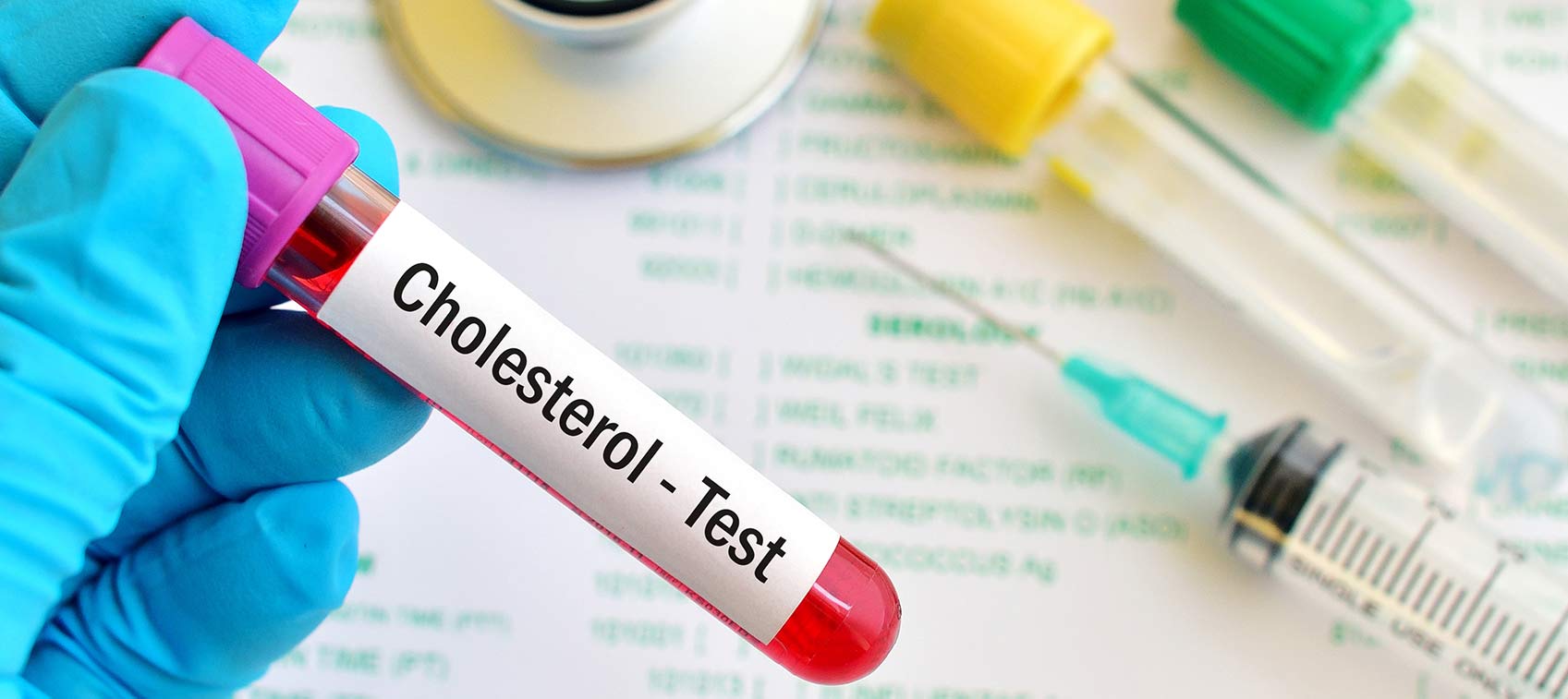Cholesterol is a waxy, fat-like substance that's found in your blood and every cell of your body. You need some cholesterol to keep your cells and organs healthy. Your liver makes all the cholesterol your body needs. But you can also get cholesterol from the foods you eat, especially meat, eggs, poultry, and dairy products. Foods that are high in dietary fat can also make your liver produce more cholesterol.
There are two main types of cholesterol: low-density lipoprotein (LDL), or "bad" cholesterol, and high-density lipoprotein (HDL), or "good" cholesterol. A cholesterol test is a blood test that measures the amount of each type of cholesterol and certain fats in your blood.
Too much LDL cholesterol in your blood may put you at risk for heart disease and other serious conditions. High LDL levels can cause the build-up of plaque, a fatty substance that narrows the arteries and blocks blood from flowing normally. When blood flow to the heart is blocked, it can cause a heart attack. When blood flow to the brain is blocked, it can lead to stroke and peripheral artery disease.
Other names for a cholesterol test: Lipid profile, Lipid panel



 Contact Us
Contact Us






 Hospitals
Hospitals
 Doctors
Doctors
 Diagnostic
Diagnostic
 Pharmacy
Pharmacy
 Health Tips
Health Tips
 Blog
Blog

























Comments